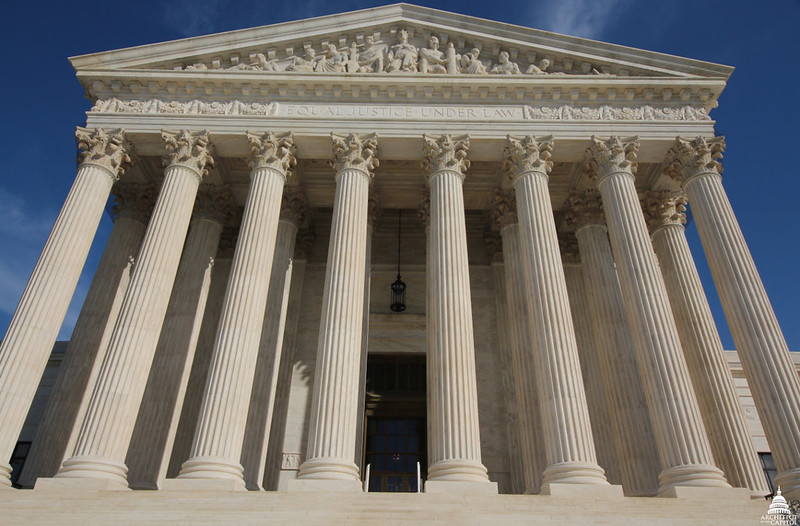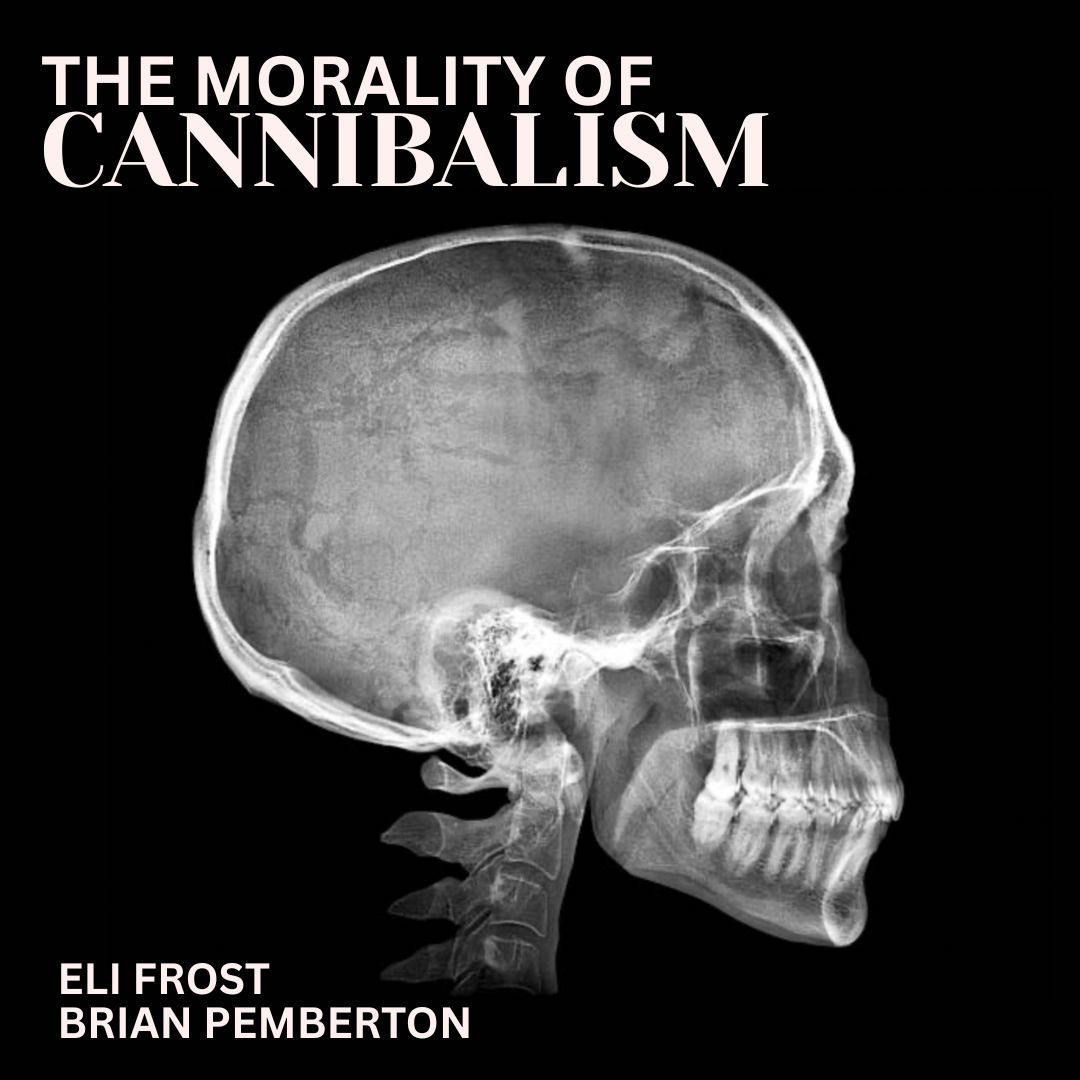What does the reference of Ex Parte Young mean in the Supreme Court’s hearing of the new Texas abortion law?
Courtesy of Architect of the Capitol
Texas signs new abortion law in September. The Supreme Court heard a challenge to the law in early November.
December 3, 2021
On Sept. 1, 2021, Texas’s new abortion law (TX S.B.8.) went into effect after being signed into law by Governor Greg Abbott on May 19, 2021. The law is not enforced by the state, but instead allows citizens to sue anyone who assists in giving an abortion after a heartbeat of the unborn child is detected, or roughly after six weeks of pregnancy (with no exceptions to survivors of rape or incest).
The Supreme Court heard a challenge to the law on Nov. 1. This comes after a controversial 5-4 ruling in September, when the Supreme Court decided against halting the (then new) Texas abortion law and therefore placed it into effect.
The November hearing – lasting upwards of two and a half hours – repeatedly referenced the relevance of Ex Parte Young (a case decided by the Supreme Court in 1908) while it was discussed whether the Supreme Court should exercise its power and prohibit hearings of lawsuits by private citizens against abortion providers in Texas courts.
The Ex Parte Young case dealt with a lawsuit about a Minnesota railroad law. Shareholders of the Northern Pacific Railway filed a lawsuit in federal court against a multitude of people who were advocating for the law, one of them being Edward Young (the attorney general of Minnesota), because they believed the law, which limited what railroads were able to charge in Minnesota, was unconstitutional and in violation of the Due Process Clause of the Fourteenth Amendment and the Dormant Commerce Clause.
The Supreme Court found the law to be unconstitutional, and ruled that state officials can be sued in federal courts to prevent their enforcement of unconstitutional laws. The ruling created an expectation to the state sovereign immunity doctrine, which is a doctrine saying a state cannot be sued without the states consent.
The relevance of the Ex parte Young decision creates a blockade for TX S.B.8. The abortion law depends on the state sovergin immunity doctrine to avoid lawsuits from individuals in challenge of the law, but Ex Parte Young creates an exception of state sovereign immunity, ruling that a lawsuit would not be against a the state, but an official, who does not have the ability to act on behalf of the state when enforcing an unconstitutional law.
Although the Supreme Court’s ruling in September allowed the the law into effect, Supreme Court Justices during the November hearing hinted that the construction of the law left opportunity for abortion providers to challenge it.





